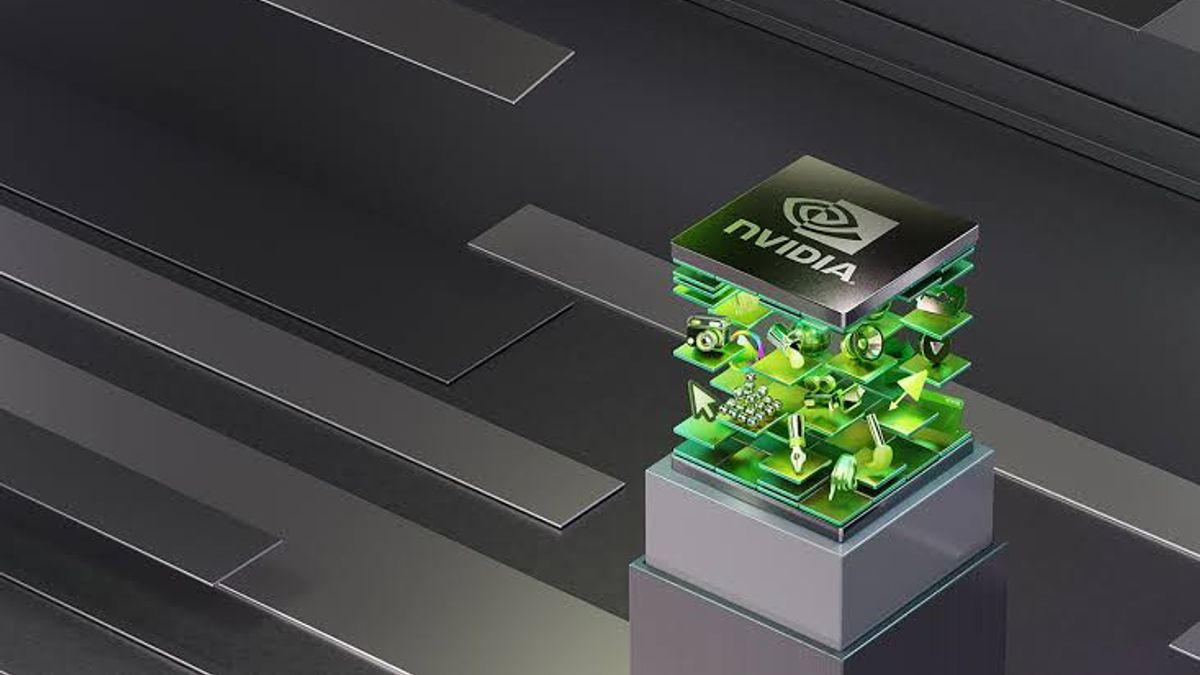JAKARTA - Nvidia is likely to cancel its acquisition of Arm Ltd, a British chip designer due to alleged antitrust issues if this deal takes place.
The acquisitions of the two companies are facing intense scrutiny globally, and it appears Nvidia can't convince disapproving regulators of this acquisition that it will not jeopardize competition or national security.
According to one person familiar with this information, Nvidia has told partners that they do not expect the transaction to close. The deal is likely to be abandoned.
Knowing this, Softbank Group as the parent company will plan to bring Arm to an Initial Public Offering (IPO).
"We continue to hold the view expressed in detail in our latest regulatory filing that this transaction provides an opportunity to accelerate Arm and increase competition and innovation," said an Nvidia spokesperson.
Nvidia first announced its intention to buy Arm in September 2020, the deal is worth 40 billion US dollars. Since then, chip shortages and the growing popularity of ARM designs have raised costs to 75 billion US dollars.
Initially, Nvidia expected the deal to close in March 2022. If the deal fails, Arm and Softbank will receive a $2 billion split fee.
What are the Benefits of This Acquisition?
Launching ArsTechnica, Wednesday, January 26, for Nvidia, the acquisition has clear advantages. ARM designs are used in everything from smartphones and servers to TVs and anti-lock braking systems.
ARM chips use very little power given their performance, which has given the company a broad footprint across a wide range of industries. Those qualities appeal to Nvidia, which has transformed itself from a GPU manufacturer to a chip designer and, in the process, has become one of the largest semiconductor companies in the world.
But competitors, including Qualcomm, Intel, and Google, worry that a takeover of Arm, let alone by one of the largest companies in the sector, will limit their access to ARM designs.
Nvidia is adamant that it will offer ARM licenses to anyone interested and willing to pay, but has faced an uphill battle to convince competitors and regulators that promises will be kept.
Meanwhile, China is increasingly concerned that it has no control over key technologies, especially those related to semiconductors. The country spends more money importing semiconductors than it imports oil, and ARM chips are ubiquitous in China.
Therefore, Chinese officials will almost certainly stop the Nvidia-Arm transaction. Especially considering that China has been blacklisted by the US for using US technology.
The English, Chinese, Japanese, Arabic, and French versions are automatically generated by the AI. So there may still be inaccuracies in translating, please always see Indonesian as our main language. (system supported by DigitalSiber.id)












